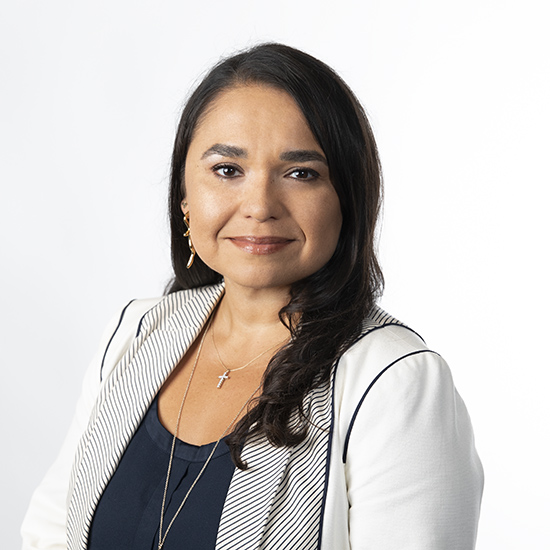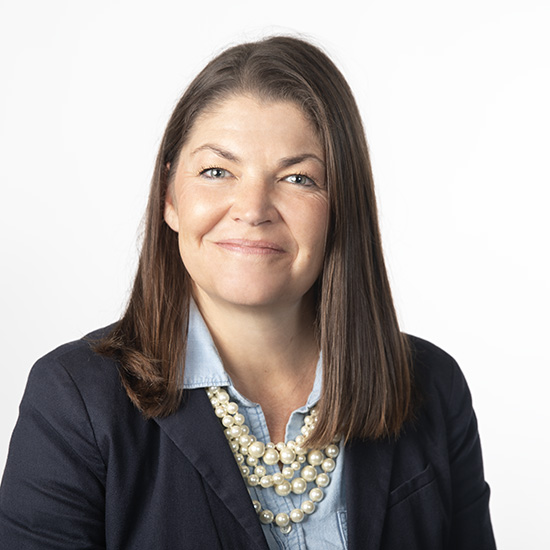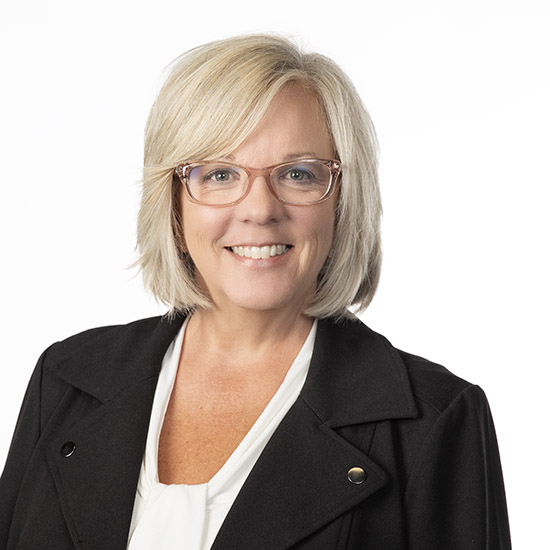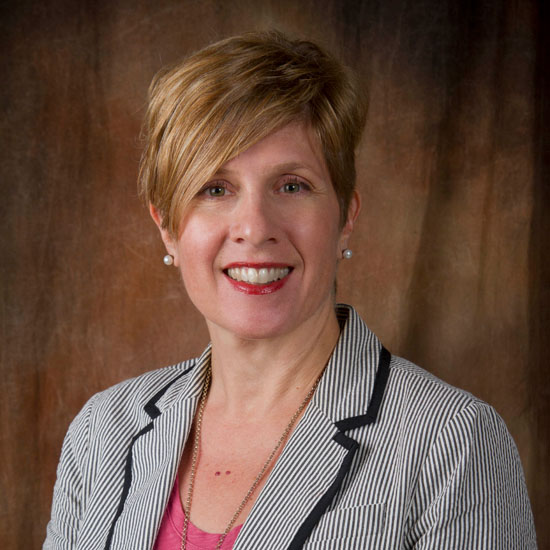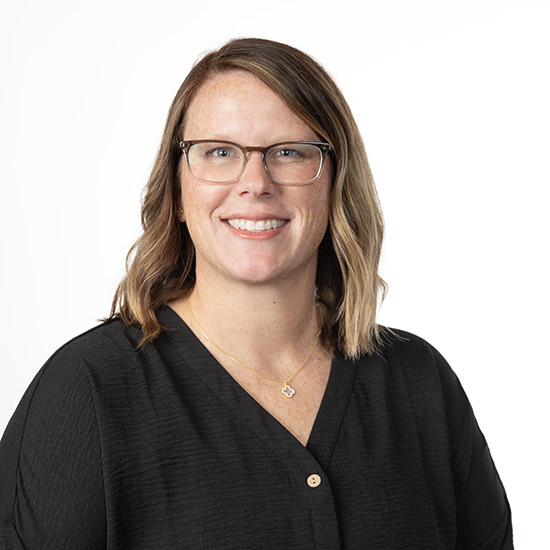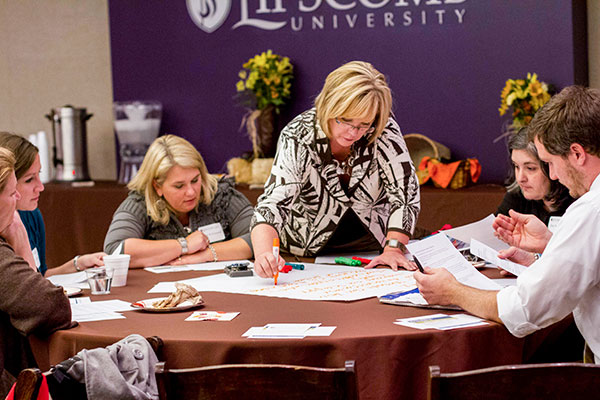Program Overview
The Instructional Practice Program is offered by Lipscomb’s College of Education which is consistently ranked as one of the most effective educator preparation programs in the state of Tennessee and the nation.
Make a significant difference in the lives of students every day. Our instructional practice master’s program is specifically and uniquely designed to meet the needs of educators. By building on what you already know, you'll be able to increase your knowledge complexity as you progress through the program.
Applicability is our priority. You will hone a collection of effective, diverse strategies for instructional practice, including varied approaches to planning lessons, understanding learner needs and creating optimal learning environments.
We promise to practice what we teach. In every class, you will be put in the posture of the learner. We try to keep our lectures short and informational so that you have plenty of time for practice and discussion.
Discover your potential and sharpen your ambition to become an excellent and professional practitioner by engaging in a challenging and comprehensive initial teacher training.
Lipscomb University follows all state guidelines for initial licensure candidates. This includes maintaining a specific conditional GPA for all incoming initial licensure candidates. All initial licensure candidates must have a 2.75 on their undergraduate degree in order to be considered for the program. For more information, please review the state GPA policy at the link below. If you would like to have your transcripts reviewed, prior to applying, please complete the form below.
Admissions Requirements
- Completed online application
- $50 application fee
- Official transcripts for all degrees conferred and any other coursework post bachelors
- Recommendation from a current Administrator/Supervisor
- Lipscomb College of Education graduate programs do not generally require graduate exam scores such as the GRE unless required for state licensure, accreditation, or program specific reasons. If your most recent degree GPA is below 3.0, a program director may ask you to provide graduate exam scores to be considered as part of the supplementary materials to your application for admission. Check with the specific program you are interested in regarding exam scores that may be required for admission
View the College of Education's graduate programs application timeline.
Tuition & Aid
- $953* per credit hour
- $715 per credit hour with the 25% in-service discount
*Note: The graduate tuition rates may increase annually, effective each summer semester.
Scholarship Information
As you give back to the community, Lipscomb University wants to give back to you. The College of Education offers significant scholarships to current educators and administrators. Those pursuing career as a teacher, you're not left out either! Check out the following information to see if you qualify for scholarships.
All completed applications should be mailed to:
Lipscomb University
College of Education
One University Park Drive
Nashville, TN 37204
Types of Aid
Our Faculty
Career Paths
Postsecondary Teachers
Postsecondary teachers instruct students in a wide variety of academic and technical subjects beyond the high school level. They may also conduct research and publish scholarly papers and books.
Instructional Coordinators
Instructional coordinators oversee school curriculums and teaching standards. They develop instructional material, coordinate its implementation with teachers and principals, and assess its effectiveness.
Adult Literacy and High School Equivalency Diploma Teachers
Adult literacy and high school equivalency diploma teachers instruct adults in basic skills, such as reading, writing, and speaking English. They also help students earn their high school equivalent diploma.

